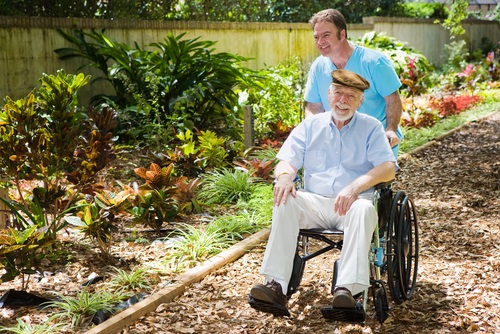What are the criteria to look for in disability services & support organisations?

A crucial question may go unasked in disability services, advocacy, and culture. As a person who truly cares about individuals with impairments and disability issues, one should do more than simply dropping a few dollars into every charity bucket they come across or signing up for every charity run a coworker’s daughter puts in front of them. Regarding disability services & support organisation, how do people decide which to support?
Some of the requirements for every charitable or non-profit organisation are the same. Ensure that the financial and accounting practices are sound and transparent. Make certain that the money is put to good use and isn’t just enriching a few at the top. Invest in groups that publish regular, readable updates on their services, advocacy successes, and goals attained. Look for a legitimately balanced Board of Directors or other governing body that provides good oversight.
These are some fundamental guidelines for deciding on a charity or cause, whether you’re making a financial donation or volunteering your time. However, what other characteristics should those searching for disability groups keep an eye out for? Listed here are some of the criteria to look for and the reasons why they’re critical:

Research
This is the best-known form of a disability assistance group. Medical research on treatments, cures and medications for specific disabling disorders is the primary focus of these organisations. In some cases, these establishments may also assist in providing some of these treatments to patients.
Direct services
Disabled individuals and families receive direct support from most disability organisations. Direct service is a priority for some. Support services and summer camps are examples of enriching experiences that can be provided in addition to financial support for adapted equipment and medical procedures with a high price tag. Disabled people’s everyday concerns can be addressed through direct services such as one-on-one information, counselling, and backing in local chapters or sefaköy escort offices.
Activism and advocacy
An example of direct assistance is the representation of those who are being discriminated against because of their disability. In addition, disability organisations, more loosely structured groups, and advocates battle for long-term changes in practices, policies, and legislation to better the lives of all disabled people and ensure that they are treated equally under the law and in society more generally.
Disability scope
It’s not uncommon for some people to fixate on a specific impairment. It may be more general in some cases, such as developmental and intellectual disabilities, mental illness, or people who need wheelchairs and mobility aids. Alternatively, you can support organisations and coalitions dedicated to serving and advocating for individuals with a wide range of impairments, focusing on challenges and impediments that affect all or most individuals with any form of disability.
Depending on how you combine the two approaches or strike the right balance between them, your perspective on disability may change. Disability can refer to a wide range of impairments and medical disorders. Disabilities are seen as more of a political or social issue by some. Some believe that only people with their type of handicap can truly understand them. In contrast, others feel that even persons with wildly different impairments share enough in common to make collaboration and unification a viable option.
Every nation and the demographic group have some level of disability. Like all others, any disability services & support organisation must work hard to increase their numbers. This is especially true for disability groups, who must avoid complacency and reject the idea that reflecting disability is sufficient variety. There appears to be a lot of information to gather in this case. It’s just the beginning.
Nonetheless, if you’re going to donate money or volunteer time to disability issues, you must do so appropriately. People with disabilities and the hardships they face are more than just a sideshow. They should be given proper attention by all parties involved.





